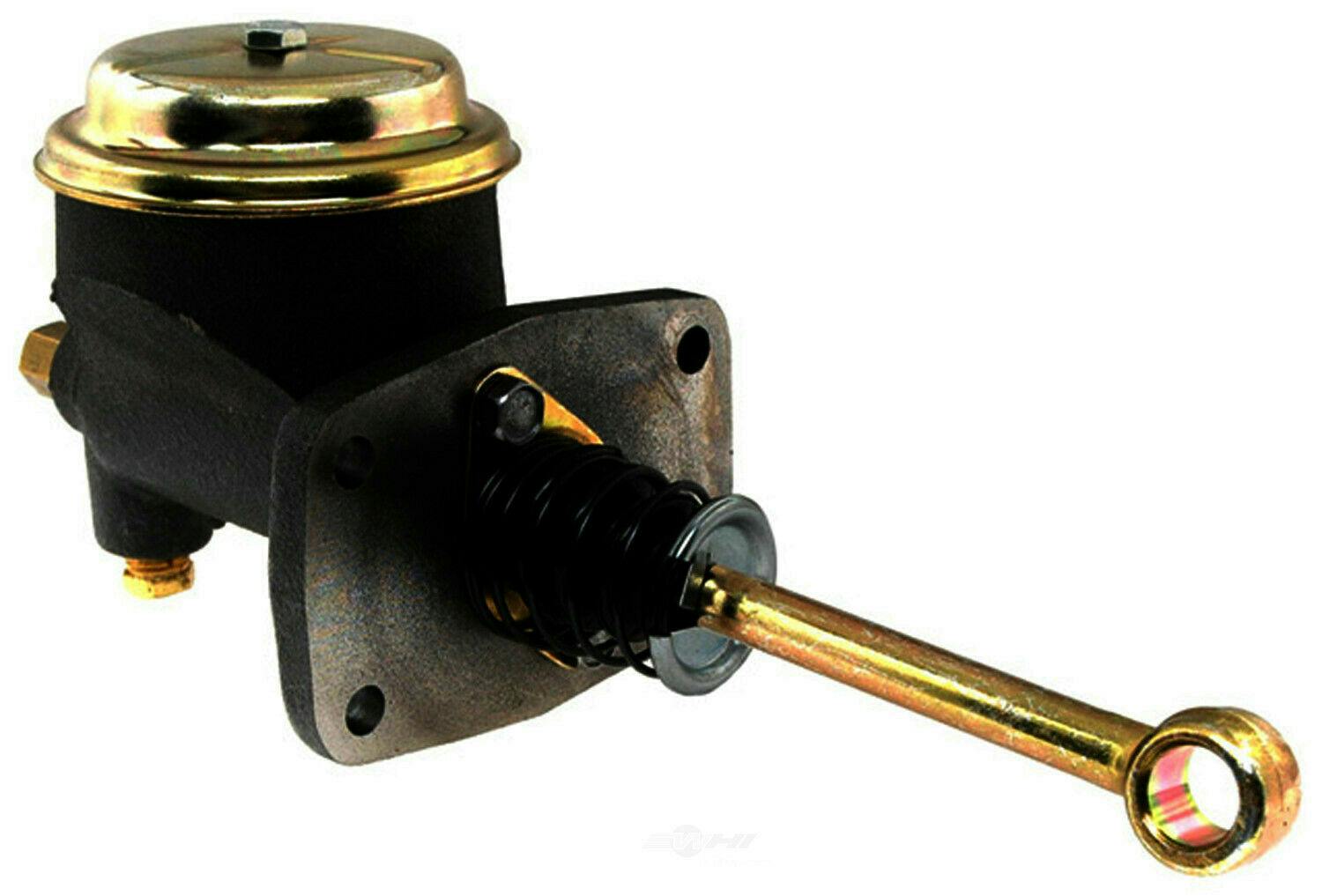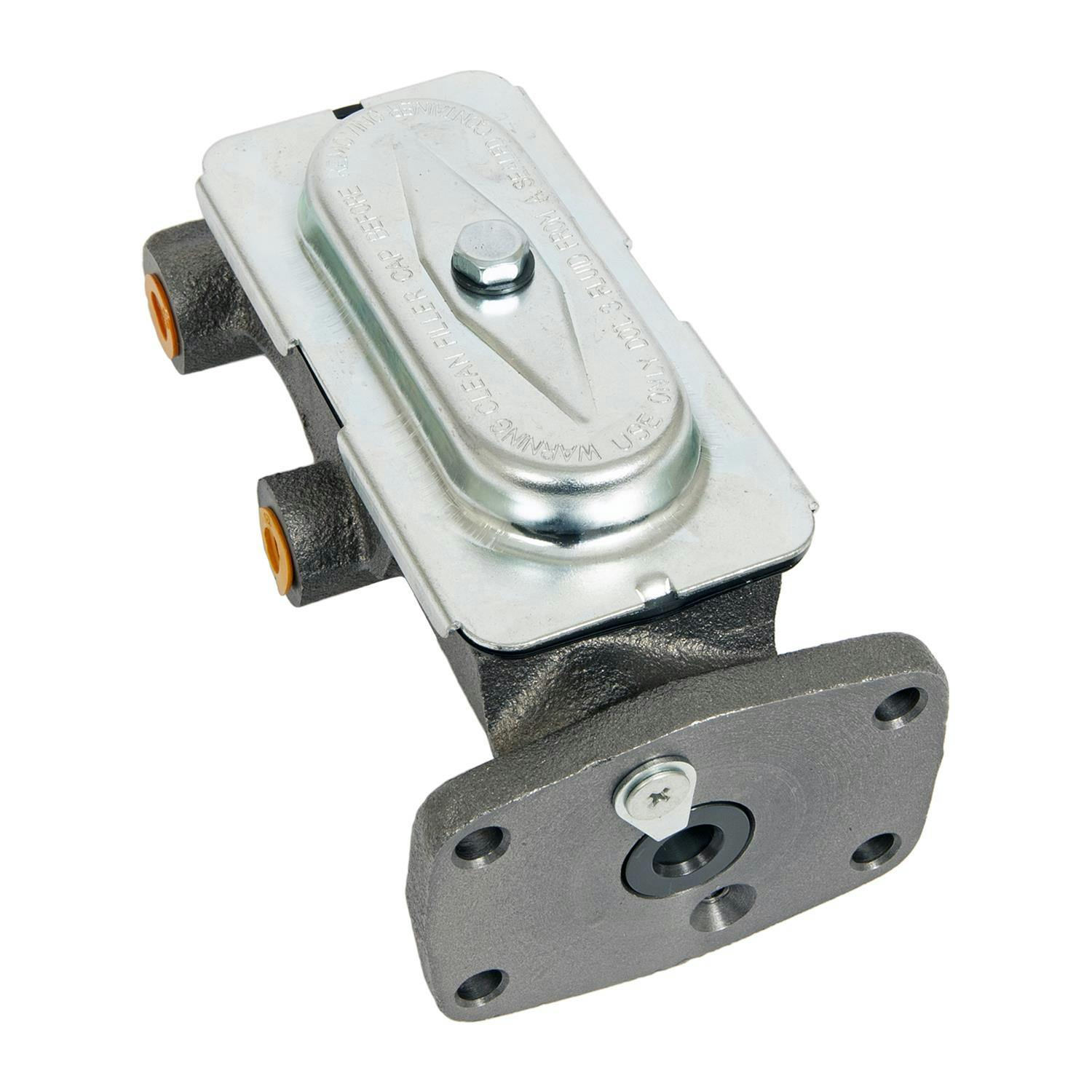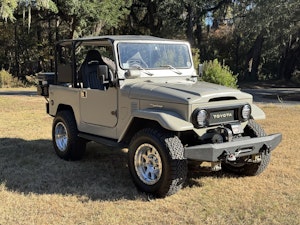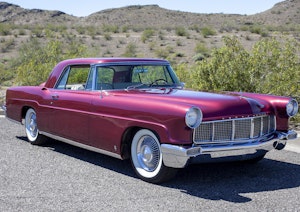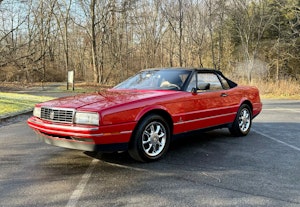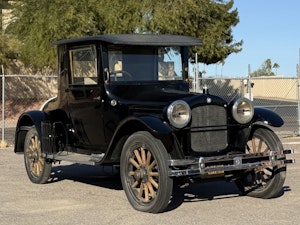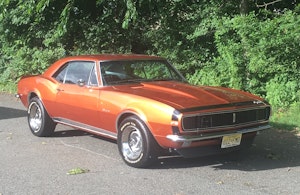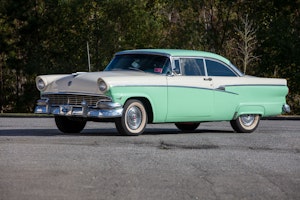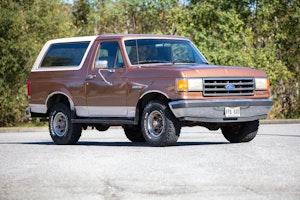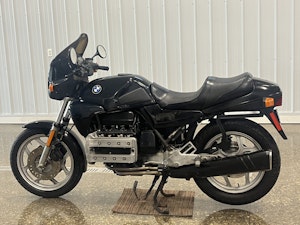Piston Slap: Superior stoppage for Chrysler’s Forward Look
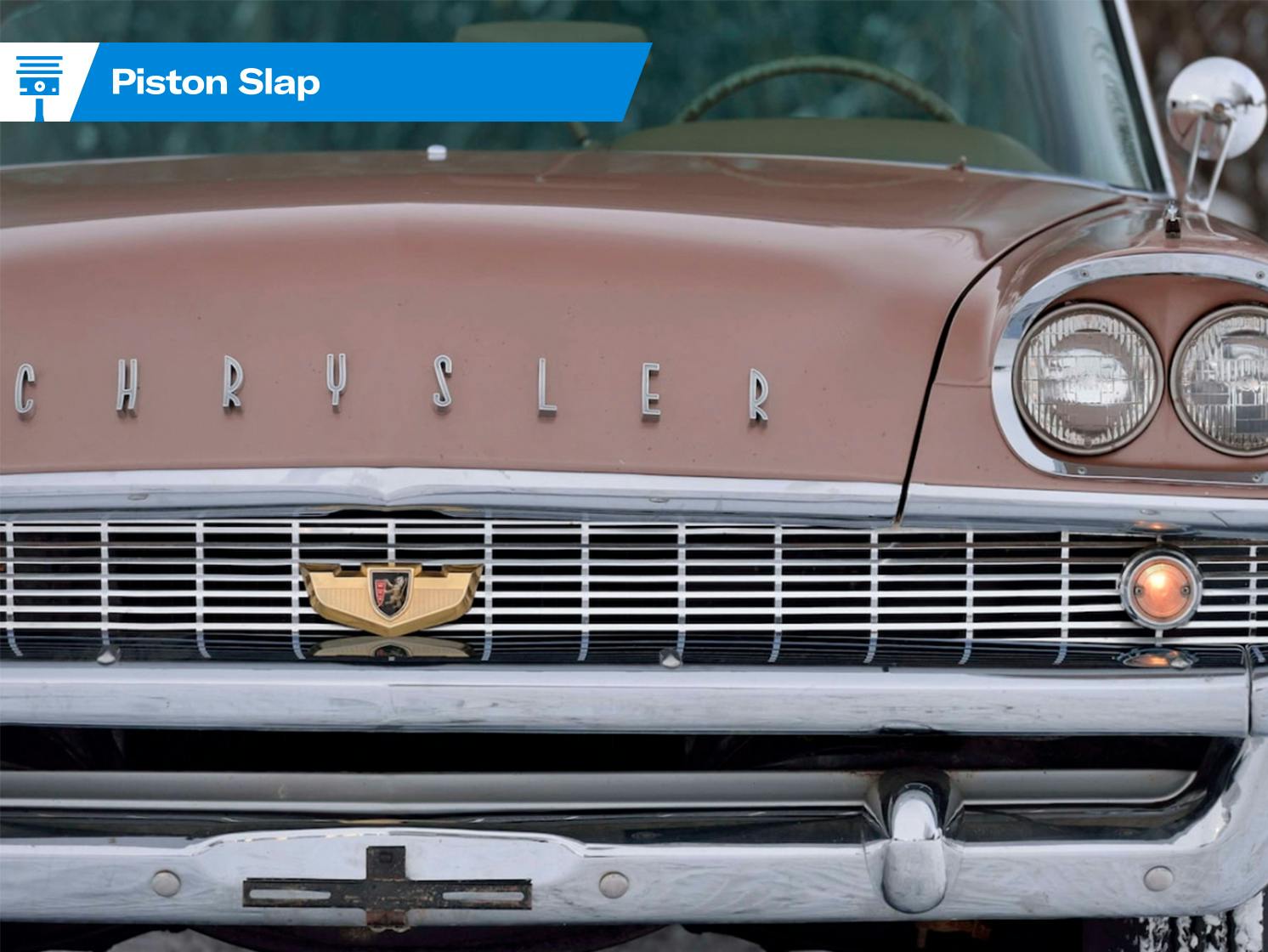
Sean writes:
I have a question to help improve the safety of my car. I have a 1958 Chrysler New Yorker. The brakes are original and stop the car well. I would like to keep the vacuum system but upgrade to a dual reservoir master cylinder. Is there an off-the-shelf part, possibly from a later Mopar, that would bolt up?
Sajeev answers:
Oh boy, this is dangerous territory for an automotive advice column. That’s because changing one part of an engineered system is asking for trouble, especially when it’s a safety feature. Assuming you want to keep your four-wheel drum brakes, you can indeed get a dual-reservoir master cylinder from a similarly-drummed 1967 Chrysler product. The 1958 (left) vs. 1967 (right) share the same “footprint” to bolt up to your 1958 New Yorker’s firewall, so that’s not the problem.
The problem trickles down to the wheel cylinders in your brake drums. Things could work out if the cylinders are the same part number or, at least, the same internal dimensions (bore, length, etc.). Considering 1958 New Yorkers have dual wheel cylinders inside each front drum (with four unique part numbers, left and right, according to Rock Auto) and considering that setup has no peer in 1967, this seems like a really, really bad idea.
Marketplace
Buy and sell classics with confidence
Now, if you don’t mind doing all the plumbing on a whim and reverting back to stock if the experiment fails, go ahead and give this a shot. I don’t recommend this, hence why I’m not listing part numbers to condone this conversion. Opting for an engineered upgrade is the right move, even if such an upgrade includes switching to front disc brakes. The conversion kits from AAJ seem like the way to go, as its dual-reservoir master cylinder includes the disc brake calipers that were engineered to work with it. The kit includes all the brackets to make the conversion work, which is the most important thing.
I have some knowledge on these conversions, after speaking to a Continental Mark II owner who has no regrets after swapping front disc brakes from a ’70 Ford full-size sedan. While this kills the originality, the powers that be at the Lincoln & Continental Owners Club allowed this upgrade with no penalty in judging. If the judges don’t really care, I wouldn’t! So, if you have such concerns, perhaps they can be alleviated after reaching out to the Chrysler club.
Long story short: Get an engineered front disc-brake kit with a dual-reservoir master cylinder that safely actuates the stoppers inside the wheels. Any other upgrade isn’t worth the risk.
Have a question you’d like answered on Piston Slap? Send your queries to pistonslap@hagerty.com, and give us as much detail as possible so we can help! If you need an expedited resolution, make a post on the Hagerty Community!
